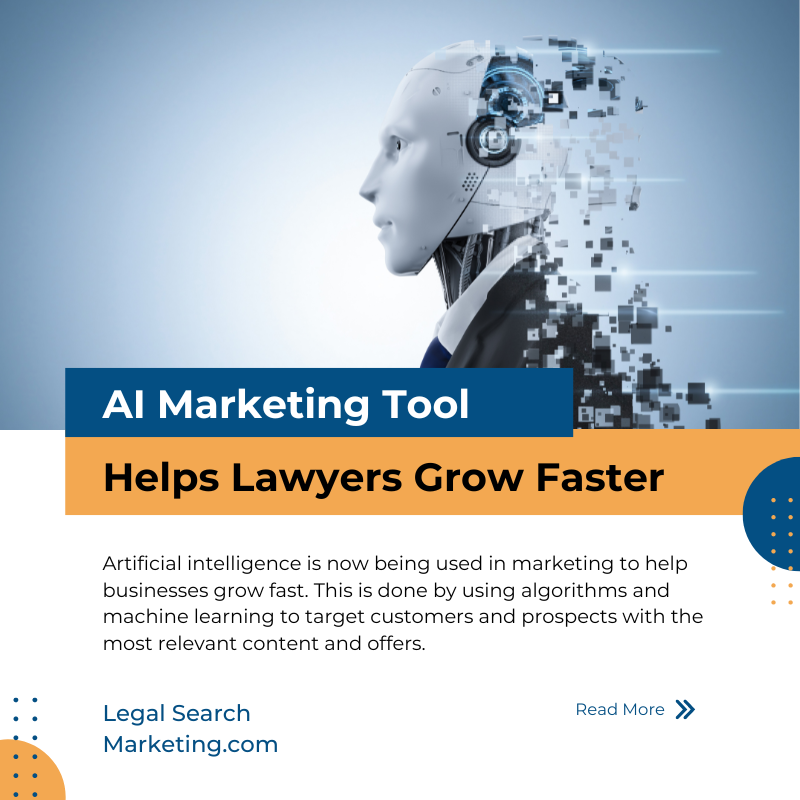ChatGPT Guide For Attorneys
What is CHATGPT 4?
ChatGPT, powered by OpenAI’s advanced GPT-4 language model, is a powerful AI-based tool that can generate human-like responses and content.
It has the ability to understand and generate text in multiple languages, providing accurate and valuable information across various domains, including law.
** The bottom line is that its better for lawyers. It can do more and its all around smarter. How SMART?
Well with Chat GPT 3 it was in the bottom 10% of the LSAT bar exam for lawyers…. with Chat GPT 4, its now in the TOP 10%. So yea, smarter than 90% of lawyers. Thats pretty big in 2 months! WOW. TAKE NOTICE…

ChatGPT for Lawyers: The Ultimate Guide to Revolutionize Your Legal Practice
Table of Contents
- Introduction
- What is ChatGPT?
- Benefits of ChatGPT for Lawyers
- How to Implement ChatGPT in Your Legal Practice
- Best Practices for Using ChatGPT
- Potential Limitations and Ethical Considerations
- Conclusion
Introduction
Welcome to the definitive guide on ChatGPT for lawyers.
In this comprehensive article, we will explore the transformative potential of ChatGPT in the legal industry, its numerous benefits, and how to implement and use it effectively in your practice. Moreover, we will address potential limitations and ethical considerations to ensure a responsible approach when leveraging this cutting-edge technology.
What is ChatGPT?
ChatGPT, powered by OpenAI’s advanced GPT-4 language model, is a powerful AI-based tool that can generate human-like responses and content. It has the ability to understand and generate text in multiple languages, providing accurate and valuable information across various domains, including law.

Benefits of ChatGPT for Lawyers
Streamlining Legal Research
ChatGPT can help lawyers conduct legal research more efficiently by quickly providing relevant case laws, statutes, and regulations. With its natural language processing capabilities, ChatGPT can understand complex legal queries and deliver accurate results, allowing lawyers to focus on case analysis and strategy.
Drafting Legal Documents
Using ChatGPT, lawyers can create drafts of legal documents such as contracts, pleadings, and briefs with improved speed and accuracy. ChatGPT can generate templates and suggestions based on the given context, minimizing the time spent on manual drafting and reducing the risk of errors.
Enhancing Client Communication
ChatGPT can be used to create personalized and informative responses to client inquiries, improving client communication and satisfaction. By providing instant answers to common questions, lawyers can dedicate more time to high-priority tasks and complex cases.
Automating Routine Tasks
ChatGPT can automate routine tasks such as scheduling appointments, sending reminders, and organizing case files. This automation allows lawyers to devote more time to their core competencies and improve their overall efficiency.

How to Implement ChatGPT in Your Legal Practice
Choose the Right Integration Method
There are several ways to integrate ChatGPT into your legal practice, such as through API integration or third-party platforms. Assess your practice’s needs and select the most suitable method that aligns with your workflow and technical capabilities.
Train the Model
Tailor ChatGPT to your specific legal domain by training the model on relevant legal documents, terminology, and concepts. This will ensure that the AI produces accurate and relevant information when assisting with research, drafting, and other tasks.
Monitor and Review
Regularly monitor and review ChatGPT’s outputs to ensure accuracy and adherence to ethical guidelines. By doing so, you can minimize potential risks and maintain the quality of your legal services.
Potential Limitations and Ethical Considerations
Limitations of AI Understanding
ChatGPT, while impressive, may not always fully comprehend complex legal concepts or nuanced contexts. Therefore, it is crucial to review the AI-generated content for accuracy and relevance before relying on it for critical decision-making.
Ensuring Confidentiality
When using ChatGPT, ensure that sensitive client information and privileged communications are protected. This may involve implementing strict data security measures and using anonymized data when training the AI model.
Ethical Considerations
Lawyers should be aware of the ethical considerations surrounding the use of AI in legal practice. This includes ensuring that the AI-generated content adheres to professional standards and maintaining transparency with clients about the use of AI tools in their legal matters.
Conclusion
ChatGPT presents numerous opportunities for lawyers to revolutionize their legal practice. By understanding its potential benefits and limitations, and implementing best practices, you can harness the power of ChatGPT to streamline your workflow, enhance client communication, and improve the overall efficiency of your practice. As the legal landscape continues to evolve, embracing innovative technologies like ChatGPT will be essential for staying ahead in a competitive market.

Best Practices for Using ChatGPT
Provide Clear and Concise Inputs
To obtain the most accurate and relevant results from ChatGPT, ensure that your queries are clear and concise. This will help the AI understand your requirements and generate appropriate responses.
Stay Informed on Updates
As ChatGPT continues to evolve, it is essential to stay informed about updates, improvements, and potential limitations. This will help you get the most out of the technology and adapt to any changes that may affect its use in your legal practice.
Utilize a Multi-Tool Approach
While ChatGPT is a powerful tool, it is essential to use it in conjunction with other resources, such as legal databases and research platforms. This multi-tool approach ensures that you have access to comprehensive information and can cross-verify the AI-generated content.
Collaborate with Colleagues
Encourage collaboration among colleagues when using ChatGPT. Share insights, tips, and best practices to enhance the collective understanding of the tool and its potential applications in your legal practice.

